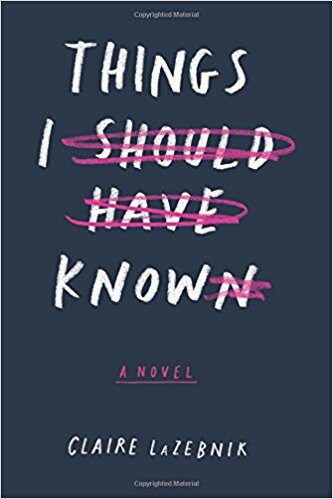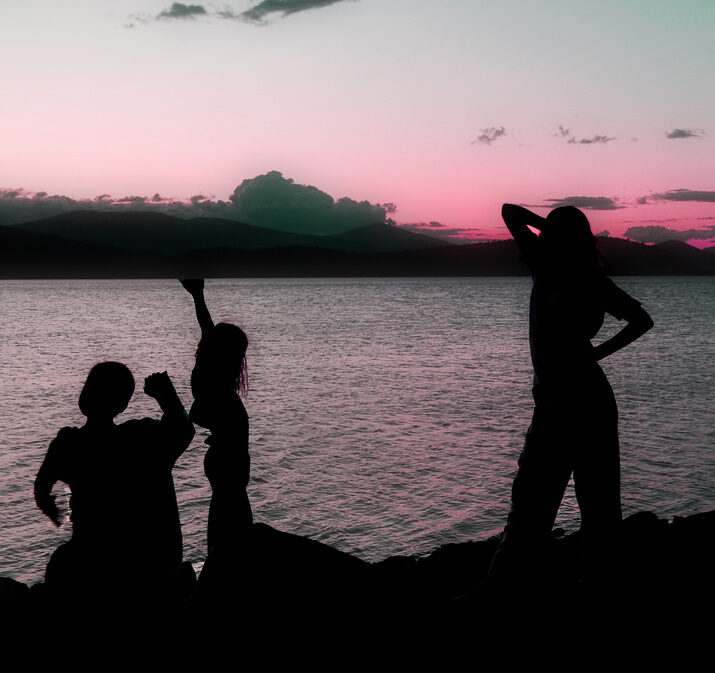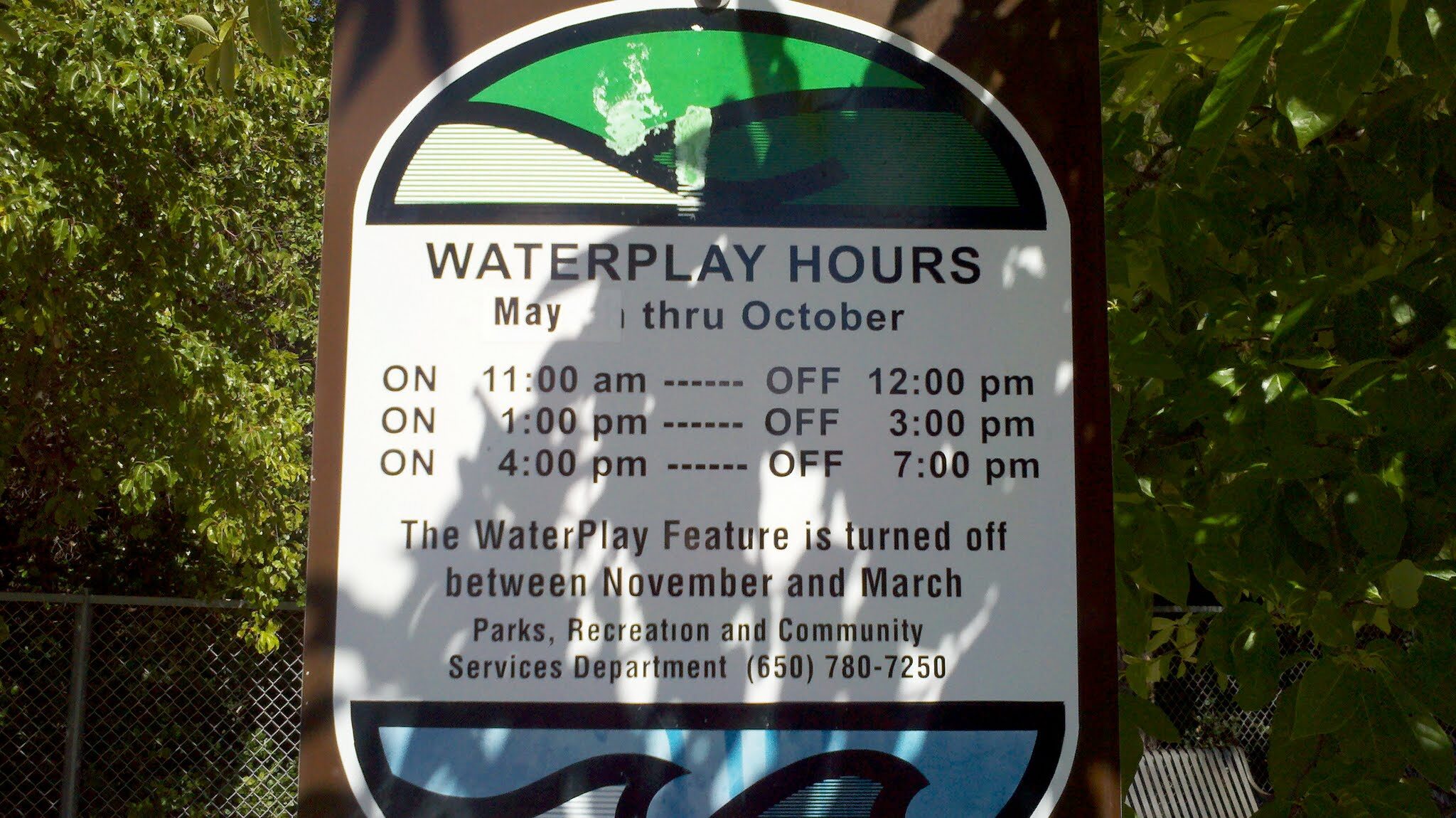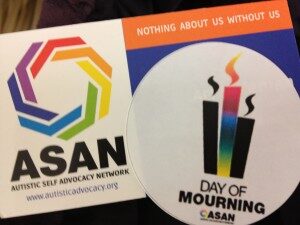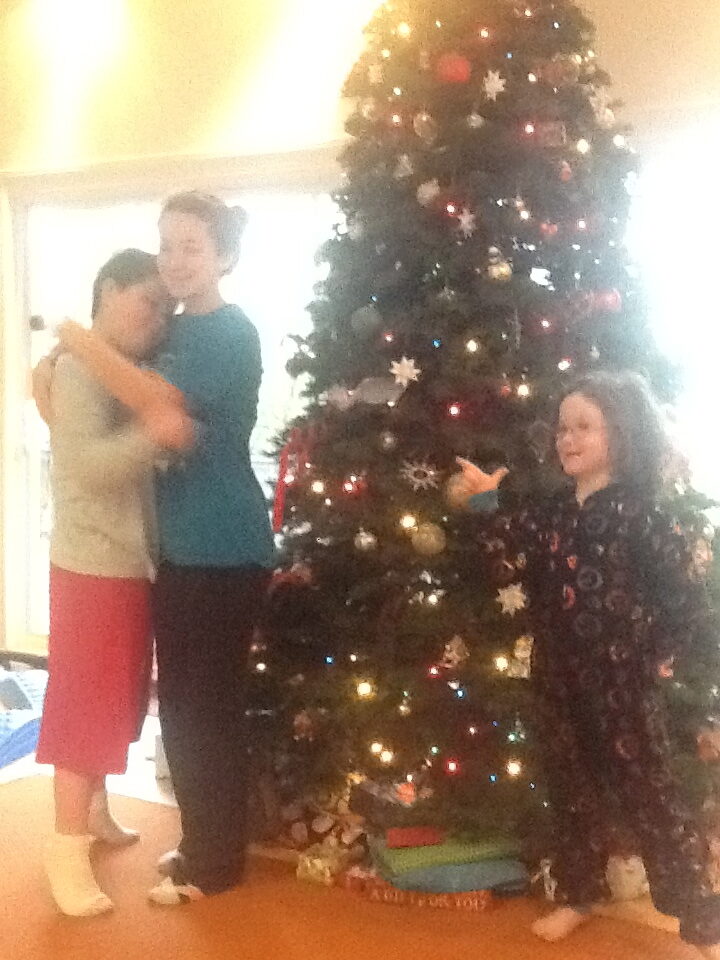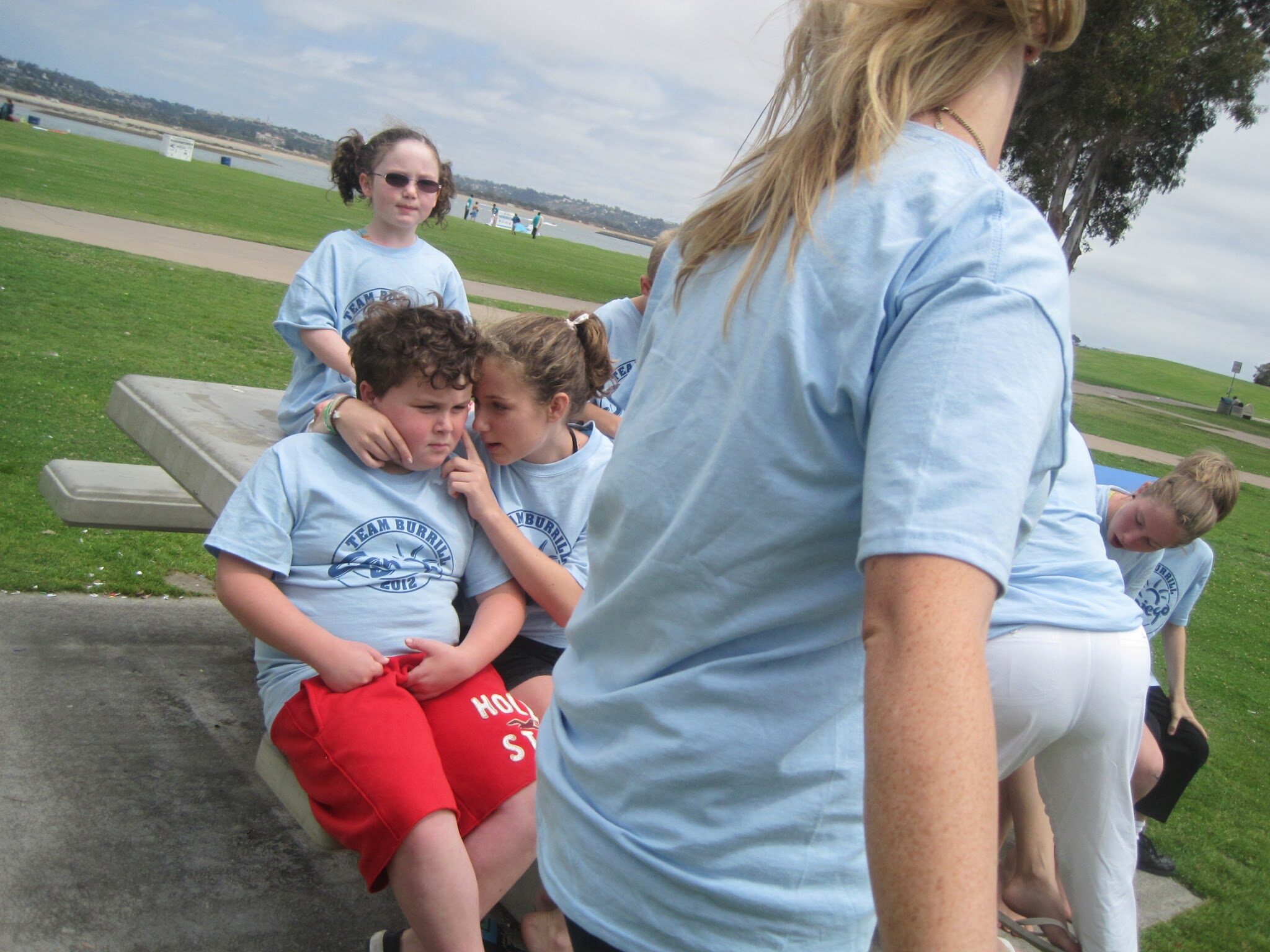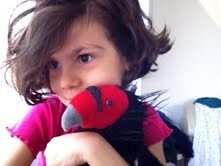My brother died because of ableism. Because people—including very close family—were terrified to face his neurodivergence, and his disability.
Tag: siblings
Kate Ryan [image: Cover of the book “Things I Should Have Known” by Claire LaZebnik: A dark blue background with “Things I should Have Known and the author’s name in all-caps, handwritten text. Parts of the title are scribbled out in pink, so the title reads, “Things I Know.”] When I scanned the inside cover of Claire LaZebenik’s novel Things I Should Have Known, I knew that I was going to read this book. Not because it sounded particularly interesting, but because one of the main characters was autistic, and that always intrigues me because I am autistic myself. I opened the book on a sunny Saturday afternoon—with trepidation, because 99% of the time, autism (and other disabilities) in fiction are portrayed terribly and then I want to retch at the end. Young adult books, which is this book’s category, are particularly liable to being not just ignorant about disability, but…
Anonymous Photo © Carissa Rogers | Flickr/Creative Commons [image: Adult and two children, silhouetted against a lake and colorful pink sunset.] I started working with autistic children in the mid-nineties, as a volunteer in a magnet school. The experience was influential, and I went on to become a psychologist, getting a PhD focused on autism research. Since then I’ve been working in academia for almost a decade, and have published numerous papers reporting on novel autism studies. I’ve built a reputation in my sub-field within autism research and am, I’d like to think, fairly well-regarded professionally. All of this was established well before I had children. Earlier this year, following about a 12-month process plus a longer period of discussion between myself and my partner, my daughter Penny was diagnosed with autism. In many ways nothing has changed—Penny is still Penny, my work is my work. In other ways, of…
Dr. Deb Karhson is a postdoc at Stanford University, where she researches biology-rooted therapeutic approaches to improving autistic quality of life. She is also the “baby sib” of an older autistic brother. We are looking forward to having Dr. Karhson as a featured researcher during this week’s #AutIMFAR chat at IMFAR, the International Meeting for Autism Research. Even better, we got to interview her beforehand: Dr. Deb Karhson [image: Smiling Sri Lankan/Nigerian-American woman with long curly black hair pushed to one side, wearing glasses & hoop earrings.] TPGA: Tell us about your research: What is your focus? Dr. Deb Karhson: Broadly my current work is focused on biomarker discovery and drug development in for autism, which simply put means I’m looking for objective, testable, biological signatures of autism and whether candidate biomarkers can be leveraged for biotherapeutic development. And specifically, that means I’m interested in understanding the role of the…
Shannon Des Roches Rosa Let me tell you something that may or may not surprise you: When it comes to public discussions about autism, parent and professional voices tend to dominate, and autistic voices tend to be excluded. While that dynamic is changing, primarily due to autistic advocates’ refusal to be sidelined in stories about their own community, and in part through the many communities that encourage parents to discover, listen to, and respect the experiences of those who have lived autistic lives — autistic voices too often still get dismissed, ignored, or outright disrespected. I’m not begrudging parents of autistic kids the right to tell their own stories from parent perspectives, obviously, being that I’m one of those parents myself. But I do find it unsettling when parent stories mention autistic perspectives only to belittle or reject them, as Anne Spence did recently in her otherwise thoughtful story When…
arbitrary I took both of my children to the park the other day. It shouldn’t be some sort of big announcement that a mom takes her kids to the park, but I was by myself with my two children, who have very different, needs, wants, and abilities, and I am a chicken. There. I said it. I am a scaredy-cat when it comes to taking my kids out into open, uncontrolled situations by myself, unless Jack is buckled into his wheelchair. He has escaped my grasp so many times, wrenching my shoulder as he goes; there are dangerous situations around every corner, and he is fast. And as mature and amazing Katie is at 5, she really is still a small child who deserves to be looked after on a busy street, or a park… but it is summer, and my children are convincing, so I took them. Katie providing…
Jean Winegardner www.stimeyland.com We want April — Autism Acceptance Month — to matter, to help further acceptance and understanding of autistic experiences, happiness, and rights for autistic people of all ages and abilities. We will be publishing your Autism Acceptance posts and pictures all month long. If you want to participate, contact us at thinkingautism at gmail dot com. -TPGA Editors Each year there is a Disability Day of Mourning to honor and remember disabled people killed by their parents or caregivers. Vigils are held around the country for people to gather for this purpose. I had been to last year’s vigil and decided to go again this year, but this year I was going to bring my kids. At first, the idea of taking my kids, at least one of whom is autistic, to an event where people would be talking about parents killing their autistic children seemed wildly…
Shannon Des Roches Rosa www.squidalicious.com We don’t ever leave our youngest daughter Mali alone with her twelve-year-old brother. Leo’s autism may affect how he speaks and communicates, but he remembers very clearly that until he was four years old, there was no little sister and he was Mommy’s baby, and he has no problem expressing his antipathy towards his smallest sibling. Understandably, Mali is not a Leo fan. As for me, I worry that these two children I love so fiercely might hate each other. And that breaks my heart. I try to help Mali see the things I love about her brother — his sweetness, his impishness, his pitch-perfect singing — while also trying to cultivate her empathy for the challenges that come with his kind of autism. It’s not easy; she’s got a spitfire, conclusion-craving personality; she needs things explained and decided on the spot. Plus, she’s eight.…
Shannon Des Roches Rosa www.Squidalicious.com www.ThinkingAutismGuide.com Update: I now know there is such a thing as competing access needs, and that this article is not entirely fair to Leo’s siblings. Please see our 2018 article Understanding Competing Accessibility Needs for more context. -SR Photo © Shannon Des Roches Rosa [image: Young white teen girl whispering into her brother’s ear. They are seated on a picnic table in a park, surrounded by family reunion attendees all wearing light blue t-shirts.] Thirteen-year-old Iz is a wonderful big sister to Leo, who is just 21 months her junior. This photo is of the two of them at a family reunion earlier this month; she’s letting Leo know that the group photos won’t take that long, explaining that if he can just sit for one more minute, then he can go back to the playground, and that he’s being particularly awesome and patient (which…
We’re featuring “Slice of Life” conversations with Autistics of all ages — kids through adults — throughout April’s Autism Acceptance Month. Our goal is to help TPGA readers understand that autistic people are people who have interesting, complicated lives and who are as diverse and varied as any other population united by a label. We are the people in each other’s neighborhoods, and the more we know about each other — the more visible autistic people and children are — the more common autism acceptance will be. That is our hope. Today we’re talking with future Condor Rescuer Hend, and her digger-loving brother Hamza. They were interviewed by their mother, Emma Apple. —- Emma writes: Hend. Almost seven, diagnosed with Asperger’s at five. Has a giant imagination, loves condors and birds in general (to a lesser intensity), intent on becoming a ‘Condor rescuer’ when she grows up. What is your…

